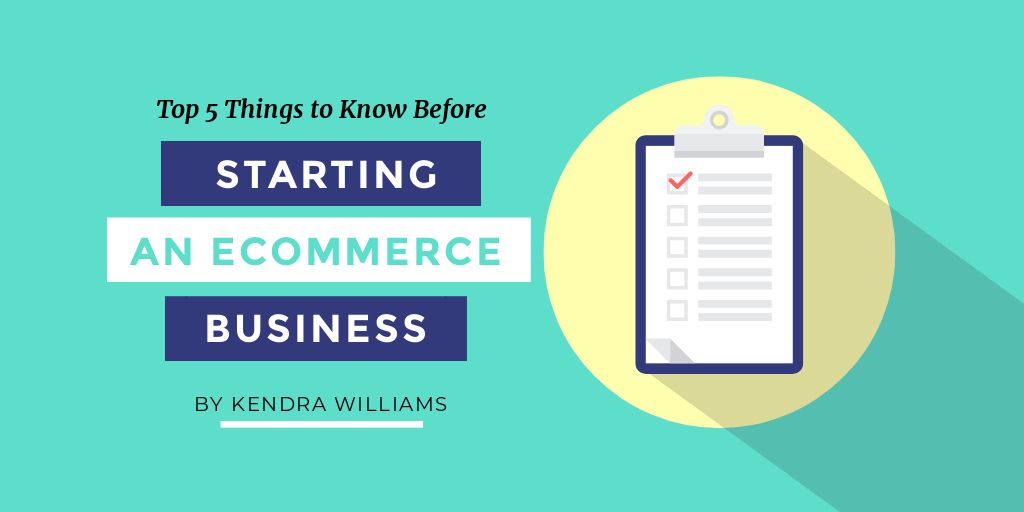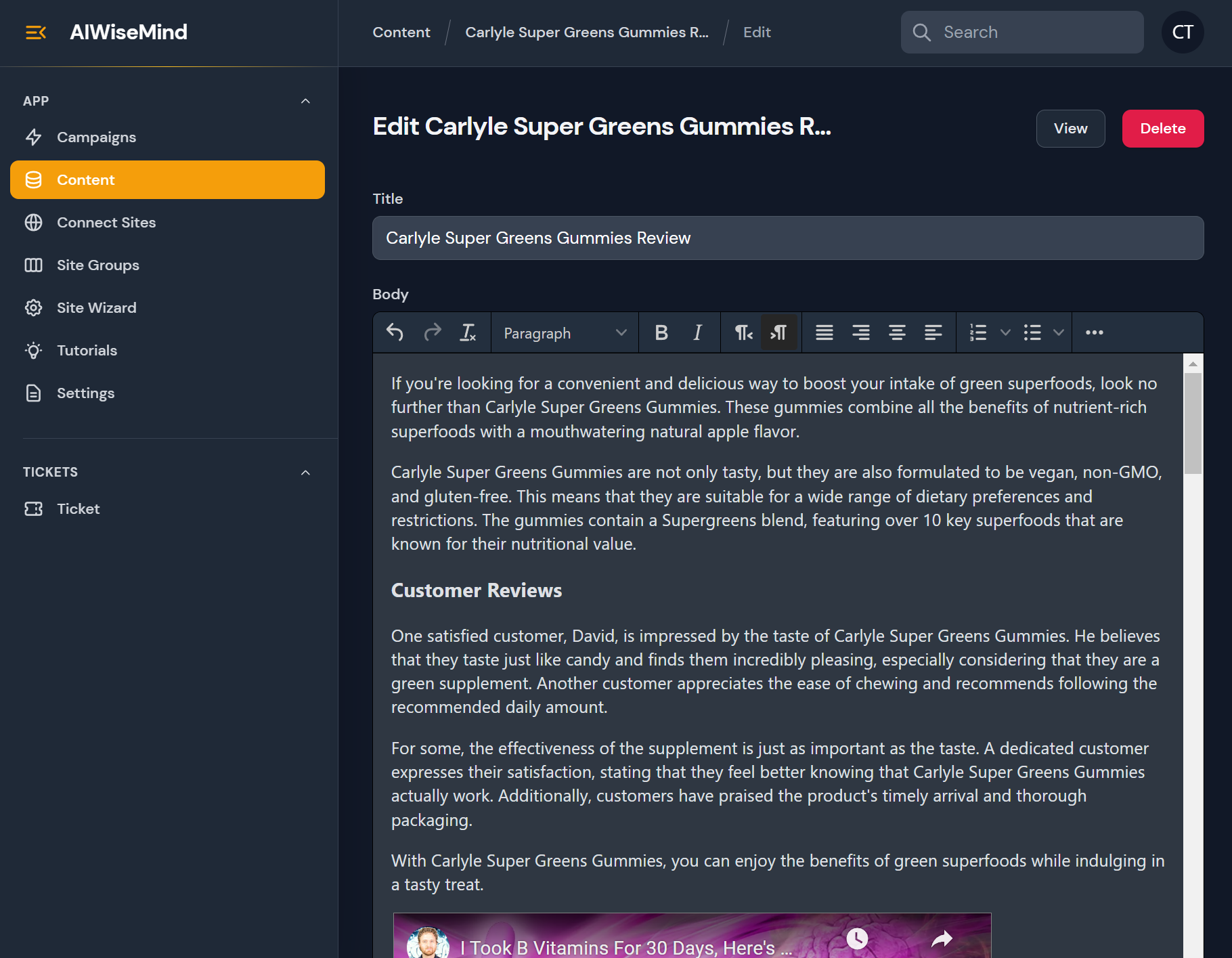Introduction
Starting an ecommerce business can be an exciting venture that offers numerous opportunities for success. Whether you’re an aspiring entrepreneur or a small business owner looking to expand online, understanding the basics of ecommerce is essential.
Understanding the Basics of Ecommerce
Before diving into the world of ecommerce, familiarize yourself with its fundamental concepts. Ecommerce, or electronic commerce, refers to the buying and selling of goods or services online. It involves setting up a website, managing inventory, processing payments, and delivering products to customers. Additionally, you’ll need to consider marketing strategies, customer service, and logistics.
The Benefits of Starting an Ecommerce Business
There are several advantages to starting an ecommerce business. Firstly, it provides a global marketplace, enabling you to reach customers beyond geographical boundaries. Secondly, ecommerce offers a lower barrier to entry compared to traditional brick-and-mortar stores, allowing you to start small and grow gradually. Additionally, with the right strategies, an ecommerce business can operate 24/7, generating sales even while you sleep.
By understanding the basics and recognizing the benefits, you’ll be well-equipped to begin your ecommerce journey. Remember to stay focused, do your research, and adapt to the ever-changing landscape of online business. Good luck!

This image is property of i.ytimg.com.
Market Research
Starting an ecommerce business requires thorough market research to ensure its success. By understanding the current market trends and demands, you can identify a profitable niche that sets your business apart from competitors. Conducting market research allows you to evaluate the potential profitability and feasibility of your business idea.
Identifying a Profitable Niche
Narrowing down a niche market is crucial for your ecommerce business. Consider your personal interests, passions, and expertise when selecting a niche. By focusing on a specific target audience, you can tailor your products or services to meet their unique needs and preferences, increasing your chances of success.
Analyzing Competitor Strategies
Analyzing your competitors is essential in developing effective strategies. Study their pricing, product selection, marketing tactics, and overall brand image. Determine what sets you apart and find ways to differentiate your business. By understanding your competitors’ strengths and weaknesses, you can gain valuable insights to improve your own ecommerce strategy.
Understanding Target Audience
Understanding your target audience is key to successful ecommerce business. Conduct surveys, interviews, and analyze customer data to gain insights into their preferences, behavior, and buying habits. By understanding their needs, you can tailor your products, messaging, and user experience to create a compelling and personalized shopping experience.
Remember, in the ever-evolving world of ecommerce, market research is an ongoing process. Regularly review and adapt your strategies based on customer feedback and changing market trends to stay ahead.

This image is property of herahub.com.
Creating a Business Plan
Starting an ecommerce business can be an exciting venture, but it also requires careful planning to ensure success. One of the first steps you need to take is creating a business plan. This comprehensive document will serve as your roadmap, guiding you through the various stages of your ecommerce journey.
Defining Business Goals and Objectives
Before diving into the details, it’s important to clearly define your business goals and objectives. What do you hope to achieve with your ecommerce business? Are you looking to generate a certain amount of revenue, expand into new markets, or build a loyal customer base? Setting specific and measurable goals will help you stay focused and track your progress along the way.
Developing a Marketing Strategy
Once you have a clear vision of your goals and objectives, you can then develop a marketing strategy to reach your target audience. This strategy should encompass all aspects of your ecommerce business, from branding and advertising to social media and content marketing. By understanding your target market and utilizing effective marketing techniques, you can attract and retain customers, ultimately driving sales and growth.
Financial Planning and Budgeting
Another crucial element of your ecommerce business plan is financial planning and budgeting. Carefully consider the costs involved in setting up and running your online store, such as website development, inventory, shipping, and marketing expenses. By creating a detailed budget, you can better manage your finances and ensure that you have enough funding to support your business in both the short and long term.
creating a business plan is an essential step when starting an ecommerce business. By defining your goals and objectives, developing a marketing strategy, and carefully planning your finances, you’ll be well-prepared to navigate the world of online retail and achieve success.

This image is property of www.internetsearchinc.com.
Building an Online Store
Starting an ecommerce business requires careful planning and strategic decision-making. One of the crucial steps in this process is building an online store that is both visually appealing and user-friendly.
Choosing an Ecommerce Platform
Selecting the right ecommerce platform is essential for the success of your online store. Consider factors such as ease of use, customization options, and pricing. Popular platforms like Shopify, WooCommerce, and BigCommerce offer reliable solutions for beginners.
Designing a User-Friendly Website
Creating a website that is intuitive and visually appealing is vital for attracting and retaining customers. Opt for a clean and professional design that aligns with your brand identity. Emphasize user-friendly navigation, clear product descriptions, and high-quality product images to enhance the overall shopping experience.
Setting Up Payment Gateway and Security Measures
Installing a secure payment gateway is crucial to provide a safe shopping environment for your customers. Choose a reliable provider like PayPal or Stripe to process transactions securely. Implement additional security measures such as SSL certification to protect customer data and build trust.
Start your ecommerce journey with a strong foundation by building a visually appealing and user-friendly online store, selecting the right ecommerce platform, and ensuring secure payment processing.

This image is property of cdn.dcpweb.co.uk.
Product Sourcing and Inventory Management
Starting an ecommerce business requires careful consideration of product sourcing and effective inventory management. One of the key factors in ensuring your ecommerce business’s success is finding reliable suppliers. Research and identify suppliers that offer high-quality products at competitive prices. Look for suppliers with a proven track record, positive customer feedback, and excellent delivery times to meet customer expectations.
Once you have found reliable suppliers, quality control becomes crucial. Regularly assess the quality of the products you receive to avoid issues with customer dissatisfaction and returns. Implement measures to maintain consistent quality, such as conducting regular inspections and requesting product samples from suppliers.
Effective inventory management is also essential to your ecommerce business. Implement an organized and efficient inventory management system to track and monitor product availability. Use software or tools to automate inventory updates, order processing, and back-order management. Regularly analyze sales patterns and forecast demand to prevent overselling or stockouts.
By paying attention to product sourcing and implementing effective inventory management strategies, you can lay a strong foundation for your ecommerce business’s growth and success.

This image is property of www.patriotsoftware.com.
Conclusion
Starting an ecommerce business may seem daunting at first, but with the right strategies and mindset, you can succeed. Taking action and staying committed are key to making your business a reality. It’s important to consistently learn and adapt to the ever-changing ecommerce landscape. Stay abreast of new technologies, marketing strategies, and customer preferences to stay ahead of the competition.
Additionally, building long-term customer relationships is crucial for the success of your ecommerce venture. Focus on providing excellent customer service, personalized experiences, and prompt responses to customer queries. This will help foster trust and loyalty, leading to repeat purchases and positive word-of-mouth.
Remember, starting an ecommerce business is a journey filled with ups and downs. Embrace the challenges and learn from your mistakes. Stay motivated, keep learning, and adapt to the evolving needs of your customers. With determination and perseverance, your ecommerce business has the potential to thrive and succeed.



